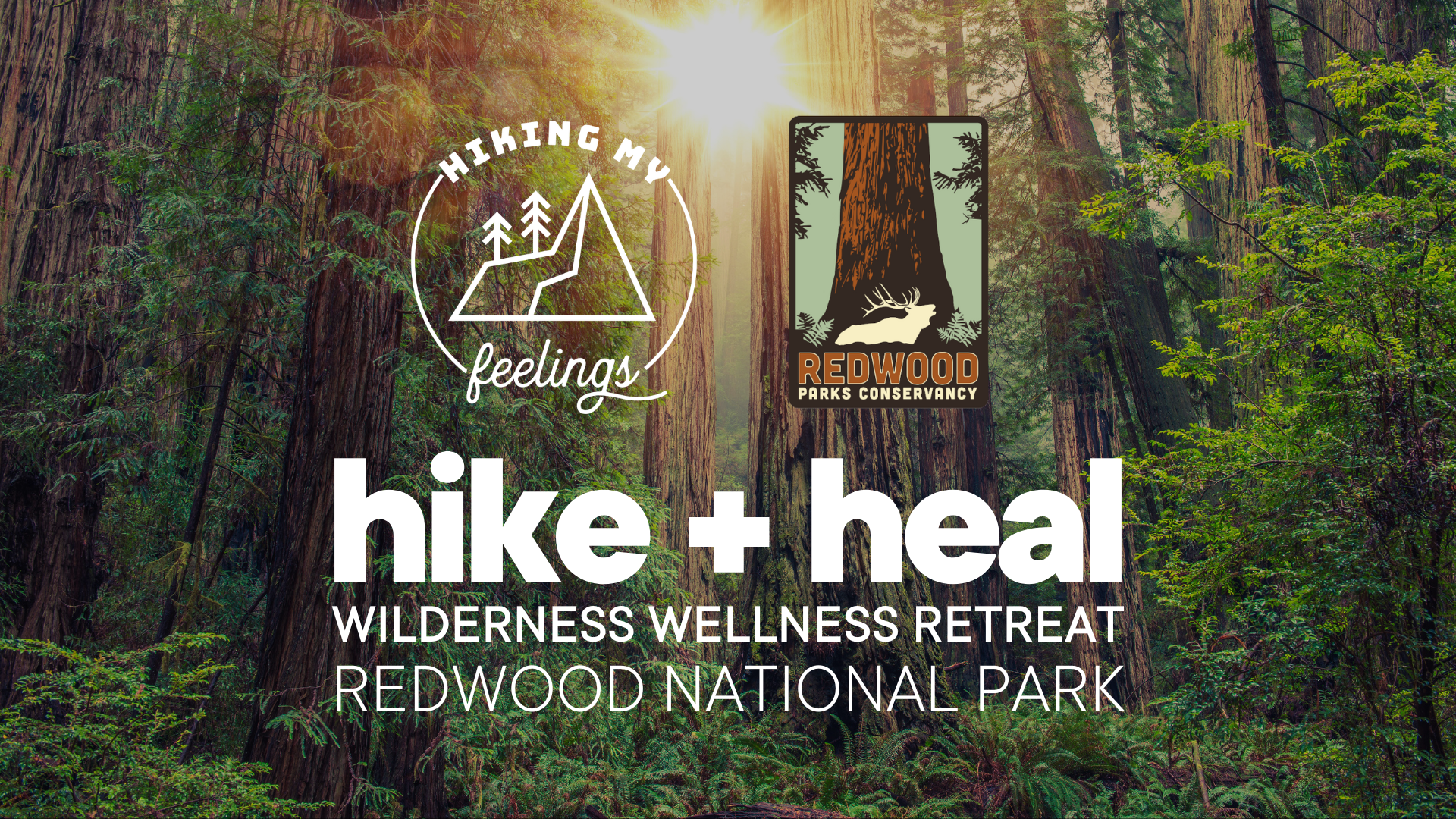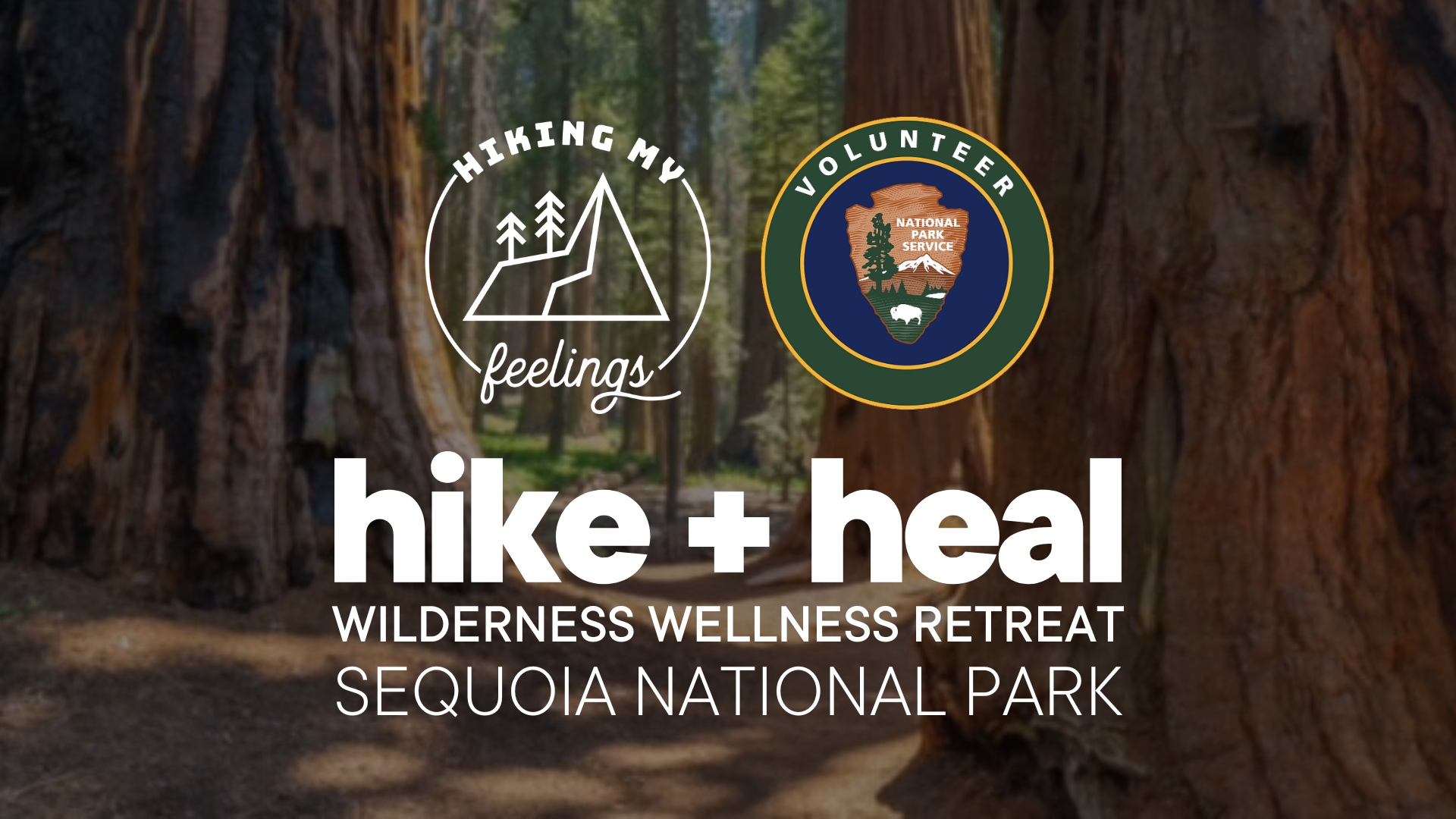E30: Diabetes in Indigenous Communities with Kelli Begay
Is trauma a root cause of diabetes? If so, if we address the trauma, can we treat diabetes more effectively?
When I look at my personal experience managing Type 2 Diabetes, this is absolutely true for me. The trauma from the sexual assault I survived in college led to unhealthy coping mechanisms that lasted more than a decade, which led to my diagnosis. When I started hiking my feelings (instead of eating and drinking them), I created space where I could process and heal the trauma, and as a result, reversed my diabetes.
This is a question we are exploring during our #TakeAHikeDiabetes campaign. I want to affirm my own experience, and understand some disturbing statistics about diabetes.
Take a look at the prevalence of diabetes within racial groups:
14.7% of Native Americans/Alaskan Natives
12.5% of Hispanics
11.7% of non-Hispanic Blacks
9.2% of Asian Americans
7.5% of non-Hispanic whites
If you think about issues like poverty, access to healthcare, education, food deserts (and food swamps), the pay gaps in America, and the historical trauma experienced by these communities - colonization, racism, slavery, systemic oppression - then it's even more evident that trauma could be a root cause of diabetes.
Watch or listen to this conversation about the prevalence of diabetes in Indigenous communities with Kelli Begay:
Kelli Wilson Begay, MBA, MS, RDN comes from the Kickapoo, Seminole, and Muscogee Creek tribes of Oklahoma. She is a dietitian, wellness advocate, and entrepreneur who feels a sense of responsibility to utilize her diverse skill set to serve the social and health needs of Indigenous communities worldwide. She specializes in working on issues related to nutrition, type 2 diabetes, health communications, wellness, and more. As a Native person, Kelli has an in-depth understanding of the unique qualities and complex barriers that Native communities endure and advocates that their voices be heard.
In this episode:
What is the history of diabetes in Indigenous communities?
What are the current numbers as reported by Indian Health Services (IHS)?
What are some myths about Native Americans that we can bust right now?
Can you participate in Indigenous traditions and ceremonies respectfully or are they off limits?






